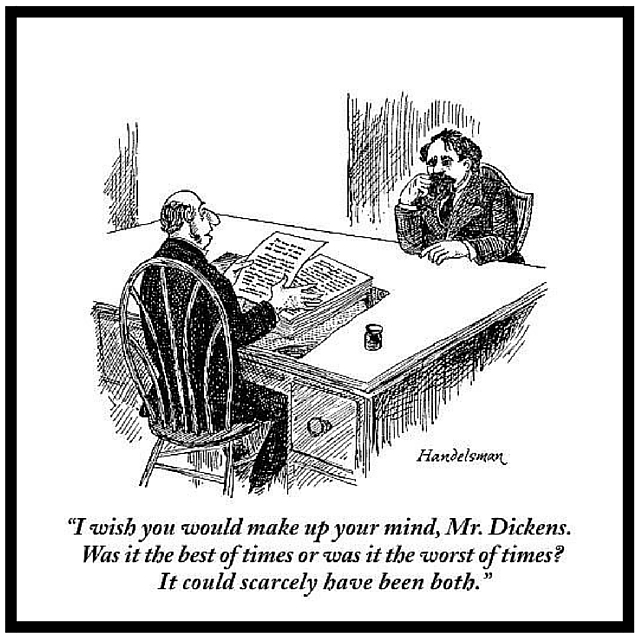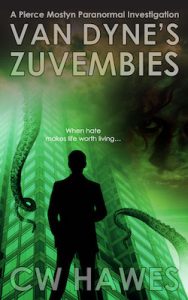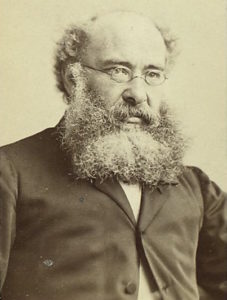
From the New Yorker on Charles Dickens’s 200th Birthday
Is professional editing necessary? The short answer is no. The long answer is maybe.
But before we get into this subject, we need to define what is meant by “professional editing” and what is meant by “necessary”.
What is Professional Editing?
A professional is one who does something for a living. An editor, in our context, is a person who “corrects” a typescript for a novel or story.
Broadly speaking, there are two types of editors: content editors and line editors, or proofreaders.
Content editors edit a book’s content. They look for continuity issues, plot holes, structure issues, character defects, and the like. This is high level editing.
Line editors, or proofreaders, look for typos, misspellings, grammar issues, punctuation problems, and the like.
The purpose of an editor is to alert the author to problems with the book so the author can fix them and supposedly improve the book. However, a professional editor isn’t the only person who can do this. As we’ll see.
Necessary
Webster’s New World Dictionary, Second College Edition, defines necessary, in our context, as something “that must be done; mandatory; not voluntary; required.”
Is an indie author required to use the services of a professional editor? Obviously not, since they are voluntarily hired in the first place. Therefore a professional editor is not necessary. Is one recommended? Maybe.
The Problem with Editors
The problem with editors is the same problem with any professional: they’re human. They’re people like you and me and that’s the problem with them.
Professionals charge money for their services — but in the end can really guarantee nothing. When I hire an editor, I’m simply hiring one person’s opinion. That’s it. Nothing more. Nothing less.
This goes for any professional. Whether your doctor or your mechanic. We all know there are doctors who make bad decisions (I was the victim of one) and mechanics who are unscrupulous. We who are the non-professional need to be as informed as possible, so we aren’t taken for a ride.
Every editor I know, puts his or her pants on the same way I do. Sure he or she may have gone to school to learn the craft of writing. But I know of few editors who make a successful living from writing fiction. If they can’t make a living from writing fiction, then how valuable is their advice?
“But so-and-so — an award winning author — has John Doe for an editor. So John Doe must be good.” That’s assuming the writer’s success can be directly attributed to the editor. And if it can, then I question the writer’s ability to write. If a writer can’t succeed without an editor, then in effect the editor has become a co-author.
At the end of the day a professional editor has biases, prejudices, agendas (just like everyone else) that have nothing to do with my writing or me as an author. Yet those biases, prejudices, and agendas can adversely affect me as author.
The Problem with Writers
We writers, as many in the creative arts, are plagued with a host of self-defeating problems. They seem to go with the territory. I know I’ve had my share. Here are a few:
- Insecurity issues
- Inferiority complex
- Low self-esteem
- Lack of self-confidence
- Procrastination
- Perfectionism
- The need of approval by others and from those in authority
These problems open writers up to be easy marks for the unscrupulous.
Writers fall victim to people who provide them with approval. Writers who seek approval from authority figures lose their sense of self.
I think that’s one reason why we still have traditional publishing today. Because the insecure writers need to get “approval” from the “authorities” in order to shore up their self-esteem. Getting a publishing contract makes them feel worthy. And let’s them look down their noses at the indie author “who just couldn’t make it”.
Traditional publishing is an ego trip. My agent. My editor. My publisher. And many writers want that ego drug.
And many indie authors seek the same high. “I couldn’t have done it without my editor.” Or my cover artist. Or my formatter. Or what have you. These people sound just like their traditionally published counterparts.
The point of being an indie is independence. Freedom from all that crap. The indie movement is about the producer marketing directly to consumer. Cutting out the middleman. Kind of like the farmer’s market versus the grocery store.
Solution
Are indie authors therefore free from the task of editing? Heavens no! Not if they’re concerned about putting out a quality product. The question is, do they need to hire a professional editor? And the answer is, no they don’t.
If a writer knows how to tell a good story, there is little need for a high-level edit. The content editor has little to offer. If a writer is concerned about the craft of storytelling and is in the lifelong process of honing his or her craft, then a content editor will have little to offer.
Now that same writer might benefit from a proofreader. But one doesn’t need to hire a line editor to get those services.
If a writer is not very good at telling a story, then a high-level edit may be of great help. But what may be of even greater help is simply more writing. If you’re going to an auto mechanic, do you want the one who is fresh out of school with little to no experience? Or do you want the guy who’s been doing it for 20 years?
It’s the same with writing. Practice makes perfect. It’s why Edgar Rice Burroughs advised writers to write lots. One story has little chance of getting published (in a magazine). But write a hundred and one or more will probably be accepted.
Robert Heinlein’s Five Rules of Writing operate on the same principle: lots of writing and the constant submission to market of that writing.
Writers can only improve their writing by writing. No amount of academic learning or professional editing can improve a writer’s work. Bad writing can’t be edited into good writing. It’s just well edited bad writing.
The first novel I wrote, Festival of Death, way back in 1989, was not ready for publication when I finished writing it. I was honest with myself. I read the manuscript and it just did not compare with the novels I was reading. I put it away, also realizing I didn’t have the stuff to rewrite it and make it better. Twenty-five years later, I had that stuff, rewrote it, and was pleased with the finished product. I didn’t need an editor to tell me all that. In the interim I did lots of writing. I gained confidence. I became a better writer.
We writers don’t need to spend any money to edit our own work. There are many tools available to help us and even without all those tools, there are people who won’t charge anything to proof our work and offer constructive suggestions for improvement. And I heartily recommend the people approach.
Here are a few suggestions based on my own practice:
- Read your story with a critical eye. Put yourself in your reader’s shoes.
- If your characters don’t make you laugh or cry, they won’t make the reader laugh or cry.
- Read your story aloud for flow. It’s a great way to catch clunky sentences and sections that are confusing.
- Have the computer read to you while you follow along. The computer reads exactly what’s there. A great way to catch typos and misspellings.
- Have someone read the text to you. This combines reading the story aloud and having the computer read to you — with the added advantage of the reader being a human other than you.
- Use the spell checker and grammar checker in your word processing program or something like Hemingway or Grammarly.
- Use good beta readers to catch issues you didn’t catch. A good beta reader is worth his or her weight in gold. What is a good beta? One who likes your genre and ideally your writing, who has a good understanding of what makes a story work, is someone you can trust will be honest with you, understands grammar, and knows how to spell. These people exist. Go find them.
That’s all you need, and none of it costs money. Unless you choose to buy some editing software — which isn’t at all necessary. But a nice little luxury.
One other caveat: don’t be in a rush to publish. We’re indie authors. We set our own schedules. There’s no one to tell us what to do except ourselves.
We indie authors are independent authors. Don’t become a victim of the Should Mentality or the You Have To Mentality.
We write for readers, not editors.
Enjoy your freedom from the man. I do.
Comments are always welcome. Tell me what you think. And until next time, happy reading!
Share This!



